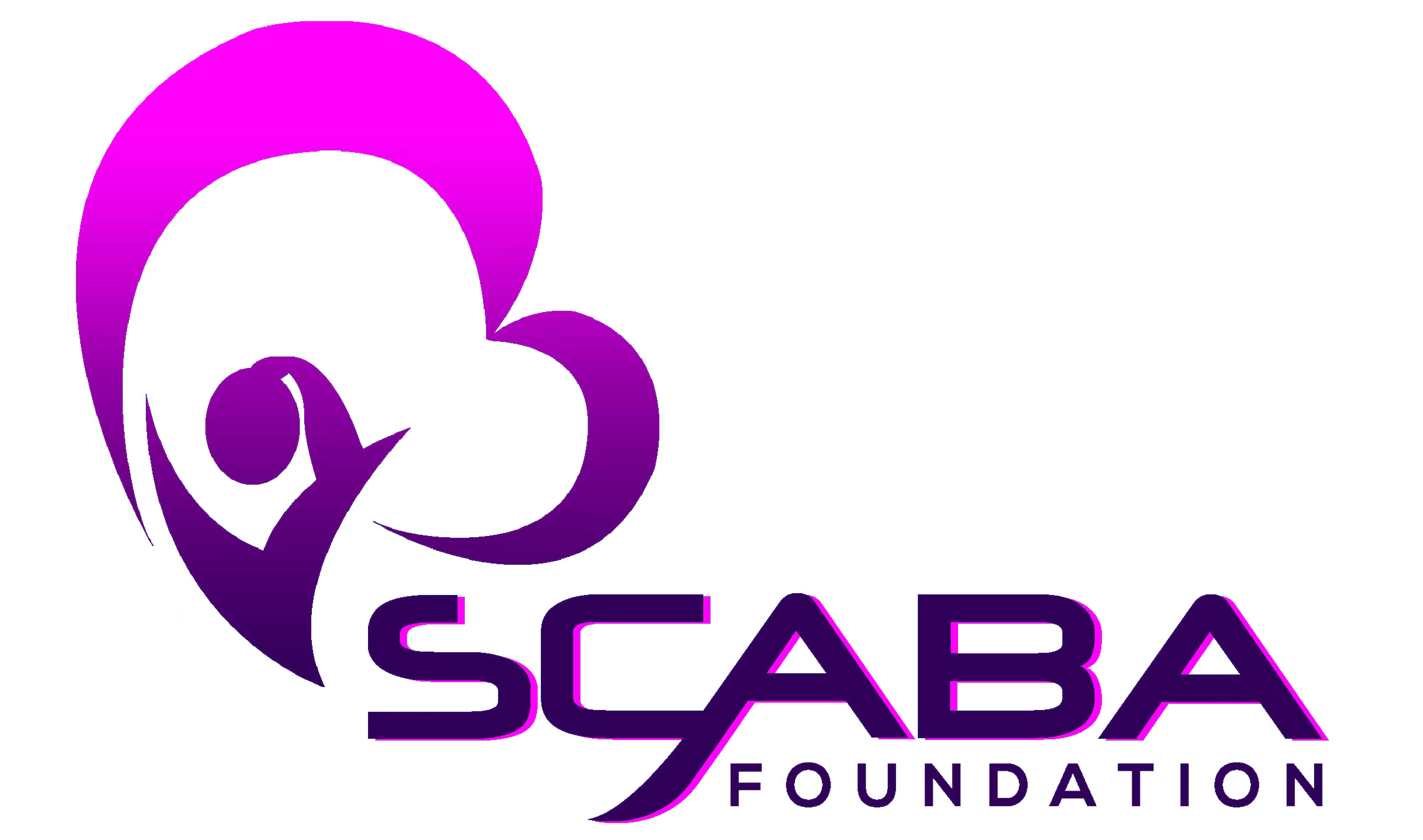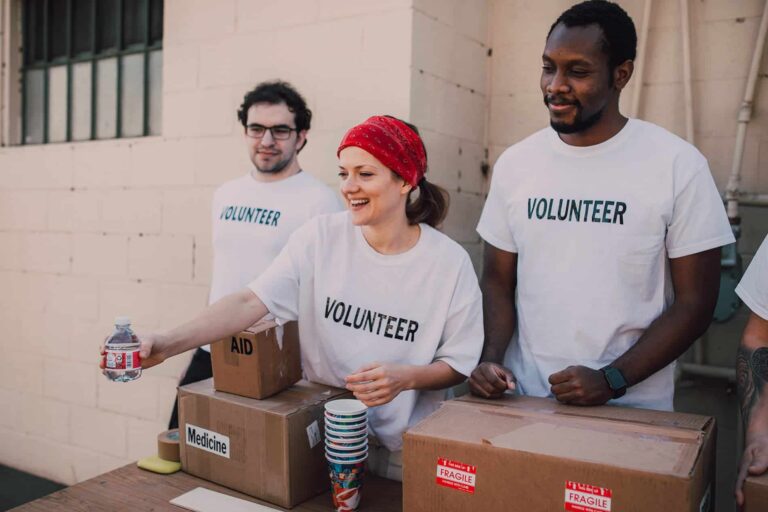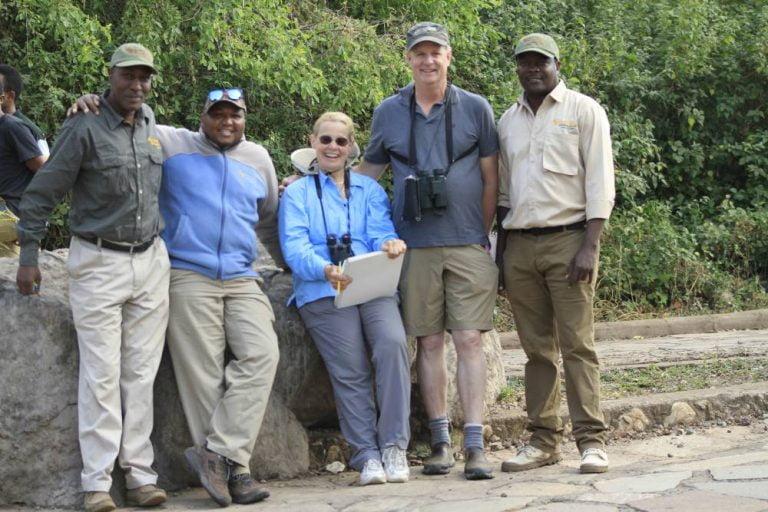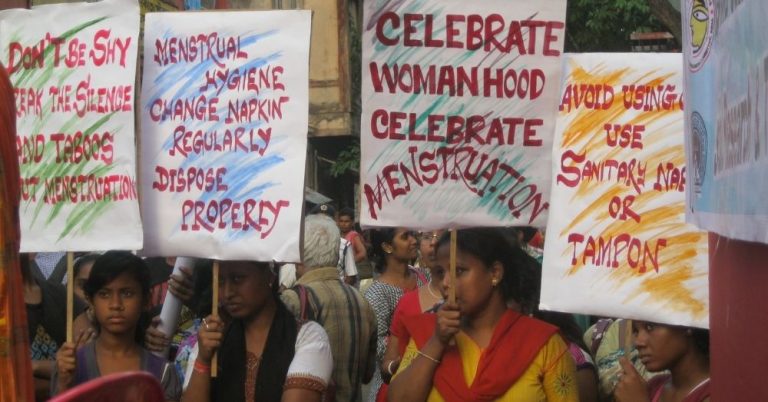Businesswomen in Latin America identify the lack of access to technical knowledge and low levels of investment in women-owned businesses as two of the primary obstacles to successful integration into the private sector.¹ Mentorship programs provide women entrepreneurs with valuable connections to both increase their knowledge and develop networks. This community-based support has a subsequent domino effect in providing more opportunities to more women in business.²

During the fall of 2022, CIPE’s Latin America and Caribbean (LAC) team and Center for Women’s Economic Empowerment (CWEE) partnered with the Red Nacional de Grupos Gestores (RNGG) to pilot a women’s mentorship program at CIPE’s Women’s Business Resource Center (“WBRC” or “Corali”) in Quetzaltenango, Guatemala. Based on lessons learned from CIPE’s WBRC in Papua New Guinea, the program provided space for eleven Corali participants to engage with an assigned mentor to ask tough questions, seek guidance, and grow as entrepreneurs.
“My mentor supported me not only on a personal level, but also helped me organize my business and find growth opportunities. I’m thankful to my mentor, Ms. Rosemary, for all the support and time she gave me during this process.” — Carolina Sacayon, Corali Mentee
To launch the pilot program, Corali staff approached experienced businesspeople in the Quetzaltenango area to donate their time to share their knowledge and experience with an emerging woman entrepreneur from the center. During the first mentorship session, each mentor-mentee pair completed a diagnostic assessment to understand the mentees’ needs and set achievable goals for the 3-month program.
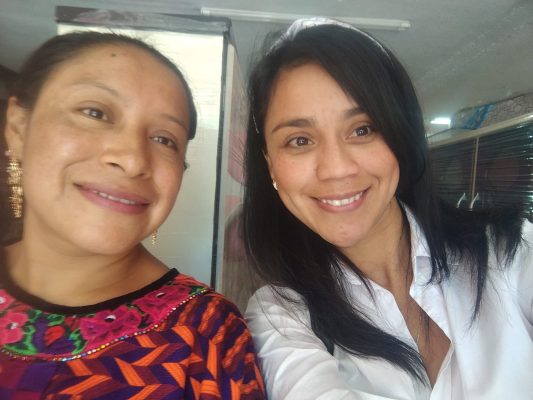
Mentees’ outlined objectives such as achieving financial sustainability, attracting new clients, standardizing delivery services, and increasing confidence in business decisions. The mentors worked with their mentees week by week to build their individual relationships, assign tailored tasks for the mentees to advance their skills, provide feedback on different ideas, and share business knowledge, including books, podcasts, and video recommendations.
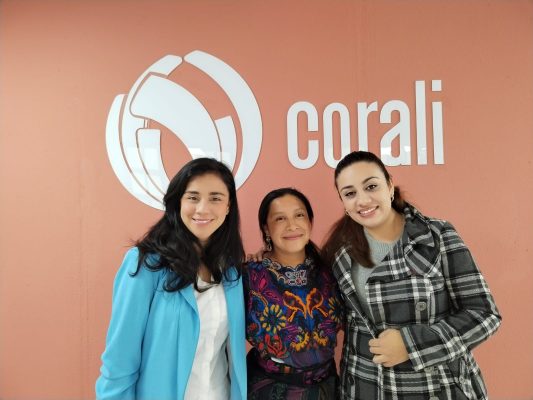
By creating opportunities for such connections, Corali helps women entrepreneurs find their footing and grow their businesses. For example, local businessowner Roberto Cáceres mentored Mercedes Chay, who owns Mercedes Diseños y Tejidos. Through their sessions, Cáceres focused on advancing Chay’s objective to improve the visual materials for her brand. Together, the two developed a digital strategy and made a plan for Chay to produce higher quality graphics and advertisements. Inspired by Chay’s aspirations and determination, Cáceres gifted her a photoshoot with her products so she could put their digital strategy into action in time for the holidays. Despite the mentorship program coming to an official close, the two remain in contact and continue to explore opportunities to work and grow together.
Fostering networks, developing role models, and creating opportunities for skills exchange between businesswomen through mentorship is one step towards closing the gender gap in business. By focusing on identifying the most difficult junctures for aspiring and nascent women entrepreneurs, mentorship support can be targeted to overcome those barriers. The personalized nature of mentorship provides a unique opportunity for both the mentor and mentee to share their creative energy and find inspiration in each other.
By uniting the highly motivated business leaders and women entrepreneurs in Quetzaltenango, Corali creates a safe space for participants to address professional and personal obstacles, while nurturing their leadership skills. The mentorship program, along with Corali’s other course offerings, expands opportunities from women to learn from successful business leaders and magnify the potential of each woman entrepreneur.
For more on CIPE’s mentorship programs for women, see our factsheet here.
Read about CIPE’s Mentorship programs in Bahrain here.
Read CIPE’s 7 Keys to Successful Business Mentorship here.
